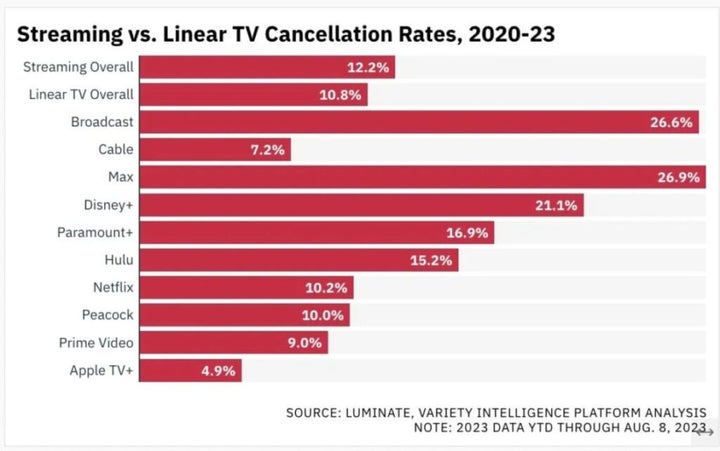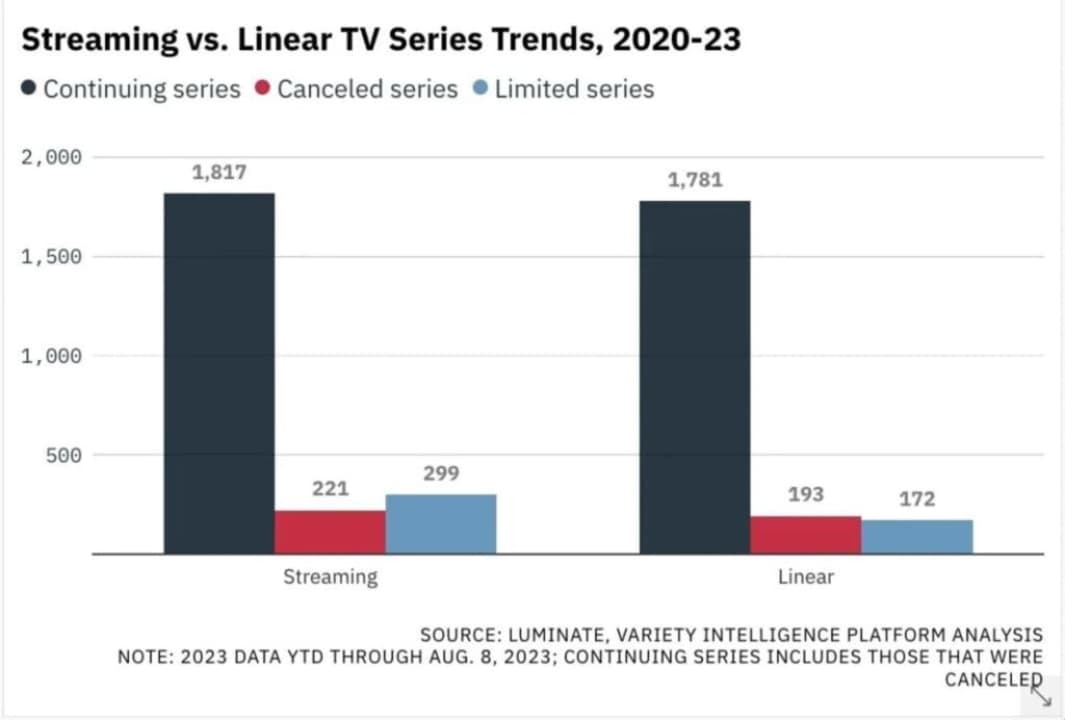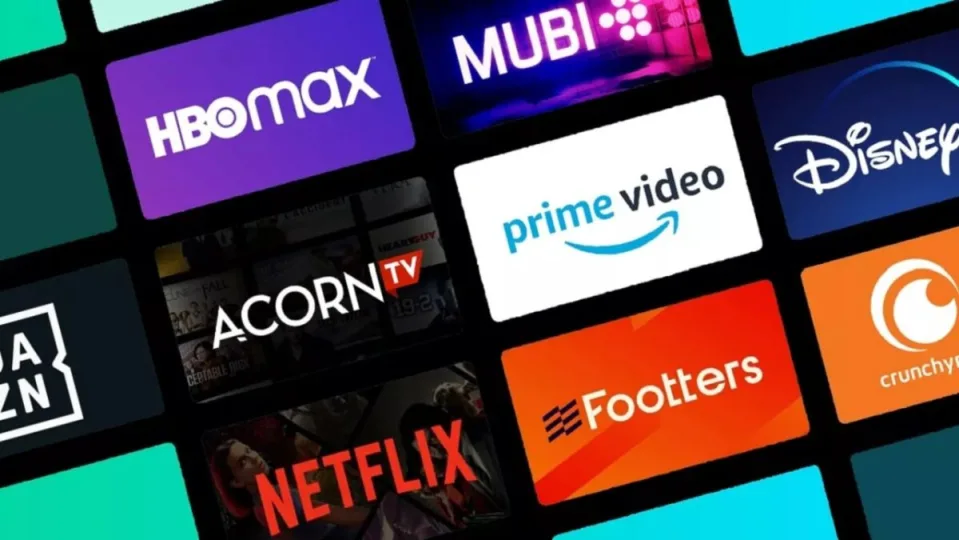Everyone believes that streaming services cancel more shows than they release. This is a fallacy, of course, but it is true that the feeling we have been left with after the pandemic is that Netflix and others are canceling series more than usual.
The era of streaming began with the promise of feeding services without fear of pressure from viewership ratings and quick cancellations. Of course, this was a bad joke.
Very soon, platforms started canceling shows just as quickly and ruthlessly as any TV network, whether it be FOX or Antena 3. The problem is that this has led to the belief that more cancellations occur in streaming than in traditional television.
Is that true? After all, platforms seek successful series, just like traditional networks. If a show has high viewership relative to its production cost, it gets renewed. If not, it gets canceled. That’s how it has worked since the days of black and white television.
These are the data tell us: HBO Max takes the crown
To get to the heart of the matter, Variety Intelligence Platform (VIP+) and Luminate have collaborated on a data exploration to determine how often the major TV and streaming programmers in the U.S. have canceled TV series over the past three years.
The new report, “The Show Must Go Off,” is a comprehensive statistical analysis aimed at settling one of the most heated debates in the TV industry.
The data covers all canceled shows between 2020 and August 8, 2023. As seen in the chart below, the major streamers (Netflix, Hulu, Disney+, Amazon Prime Video, HBO Max, Apple TV+, Peacock, Paramount+) collectively had an average cancellation rate of 12.2%, not much higher than that of traditional TV at 10.8%.

Max (formerly HBO Max), owned by Warner Bros. Discovery, was by far the one that canceled the most, with a 26.9% cancellation rate. This might not come as a big surprise, as Max has axed a significant amount of content since the completion of the merger between Warner Bros. and Discovery in 2022.
After CEO David Zaslav took the reins, shows like “Minx,” “Love Life,” and a whole host of children’s programs were discarded in an effort to reduce the company’s substantial debt. Even HBO originals didn’t escape, and “Westworld” was canceled after four seasons in November 2022.
Netflix has the reputation, but it’s unjustified
While Netflix is often used as the prime example of the network that “cancels everything,” the study reveals that the streaming service only canceled 10.2% of its programs in the analyzed period, ranking it fifth. This includes high-profile cancellations like “Cowboy Bebop,” which was canceled less than a month after its release in 2021.
An important caveat from this study: the volume of series on different platforms varies greatly. Part of what has made Netflix a magnet for cancellation criticism is the sheer volume of its original content: they produce more than anyone else.
Apple TV+ has the lowest cancellation rate among all of them
Apple TV+ had the lowest cancellation rate of any service, with only 4.9%. This is partly due to the absence of traditional catalog programming on the streaming service.

In conclusion, if we look at the total number of series canceled on traditional TV and streaming, there is no significant difference. As seen in the chart below, there were 221 cancellations across all streaming services, compared to 193 on linear television.
So, the reputation that streaming platforms are quick to cancel is as true as it is for traditional television. Fortunately, we have more premieres than cancellations, and the offering has never been as extensive as it is now. We’re not doing so bad.


